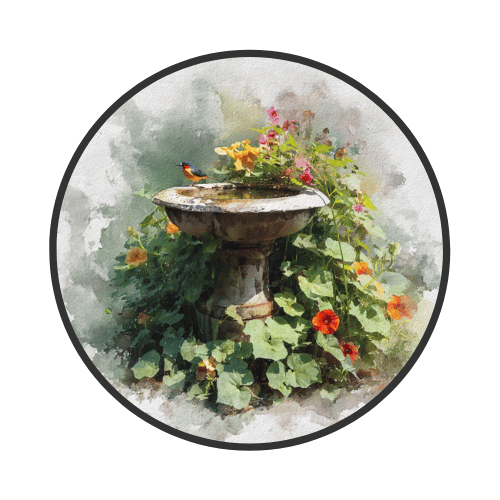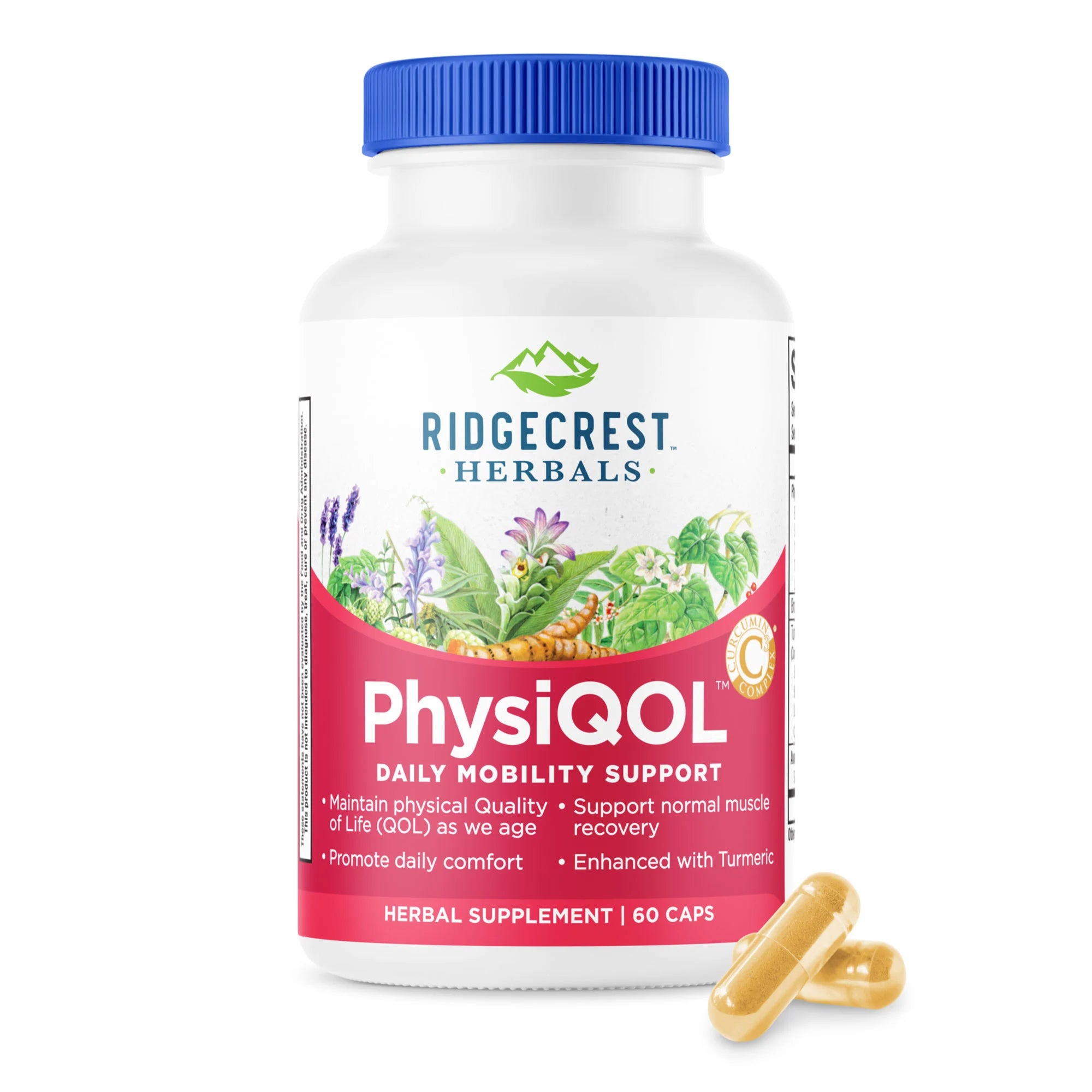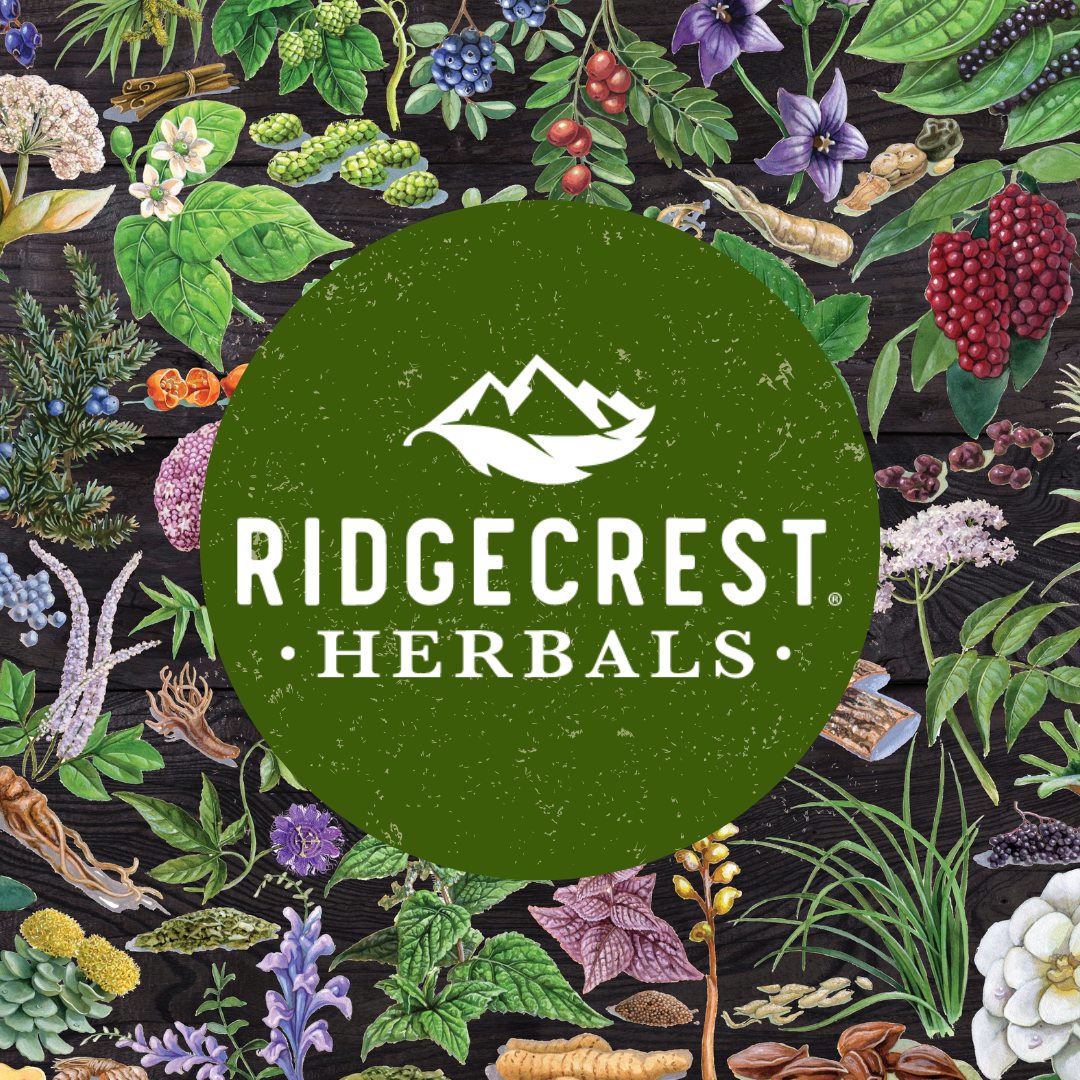When it comes to cultivating a thriving garden, sometimes the best approach is to work with nature instead of against it. From letting weeds grow to watering with intention and choosing organic pest control, sustainable gardening practices are transforming the way we connect with the land. Whether you're aiming to boost pollinators, support soil health, or simply create a more vibrant and sensory-rich space, these mindful methods help you grow a garden that's as resilient as it is beautiful. In this blog, you'll explore practical tips for embracing weeds, eco-friendly watering techniques, ways to engage the senses in your outdoor space, and natural solutions for keeping pests in check. It’s time to garden with purpose—and discover how small choices can lead to big impacts for both your plants and the planet.
Letting weeds grow - Amanda
Letting weeds grow might seem counterintuitive to traditional gardening practices, but it can offer surprising benefits to your garden's ecosystem. Many weeds provide essential habitats for insects and other wildlife, contributing to biodiversity. Weeds like dandelions and clover attract pollinators, which are crucial for the health of your garden plants. Additionally, some weeds have deep root systems that help to aerate the soil and bring nutrients from the lower layers up to the surface, benefiting nearby plants.
Did you know that certain weeds are edible and nutritious? Purslane, for example, is rich in omega-3 fatty acids and can be added to salads. Allowing a controlled amount of weeds to grow can also act as a natural mulch, reducing soil erosion and retaining moisture. Instead of waging war on all weeds, consider identifying and allowing beneficial ones to coexist with your cultivated plants. This approach saves time and effort and encourages a more resilient and sustainable garden environment. Intentional gardening is at its finest.
Watering with intention
Watering your garden with intention means understanding the specific needs of your plants and the best methods to ensure they thrive. Efficient watering practices conserve water, reduce costs, and promote healthier plants.
- Start by watering early or late in the evening to minimize evaporation and allow plants to absorb moisture before the day's heat.
- Drip irrigation systems and soaker hoses deliver water directly to the roots, reduce water waste, and keep foliage dry to prevent fungal diseases. Mulching around plants helps retain soil moisture and reduces the need for frequent watering. Grouping plants with similar water requirements together allows for more precise and effective watering schedules.
- Additionally, collecting rainwater in barrels provides an eco-friendly and cost-effective water source for your garden. It is also great for kids who like to play in the garden with water! Regularly check soil moisture levels to avoid overwatering, which can lead to root rot and other issues. By paying close attention to how and when you water, you create a sustainable garden that flourishes with less effort and resource consumption.
Gardening for the senses - Birdy
Something most people don’t think about immediately when planning a garden is how to create interest through movement. Think about using our senses to create a peaceful environment, maybe by introducing a water feature. Water cascading into a pool or a small fountain provides an element of calm with the flow of sparkling water, the subtle sound of its movement, and the way it attracts birds and insects for a drink. This entices us to stay and watch, allowing the garden to work magic. To entice the local wildlife to visit, native flowers for all seasons invite local bees, butterflies, and birds throughout the year. The sights and sounds of life bring joy and excitement to garden visits. While looking for the right plants, think of ones that will bring movement, fluttering leaves, flowing grasses, and vibrant color, adding texture and interest when the wind blows. Finally, we think of how to engage the senses with scents; how do you want your garden to affect visitors with its smell? The goal is for any garden visitor to feel inspired and refreshed as the fragrance drifts through the garden, and the sounds and sights invite us to relax and enjoy the moment. Just a little extra thought into a garden can change the outcome dramatically!
Organic pest control - Amanda
Organic pest control methods are crucial in maintaining a healthy garden ecosystem during the summer. Companion planting, such as intercropping thyme, garlic, and basil with vulnerable crops, helps deter pests naturally. Additionally, attracting beneficial insects like ladybugs and lacewings by planting nectar-rich flowers such as dill and yarrow provides effective pest control without chemicals.
Good garden hygiene practices, like removing plant debris and promptly addressing pest issues, prevent infestations before they become problematic. Physical barriers like row covers and traps offer further protection against pests without resorting to pesticides.
DIY organic pest control solutions can be easily incorporated into gardening routines. For example, creating a homemade insecticidal soap spray using mild liquid soap and water effectively controls pests like aphids, mites, and whiteflies without harming beneficial insects or the environment. Regularly applying this DIY solution can help keep pest populations in check, encouraging a healthy and thriving garden ecosystem.







